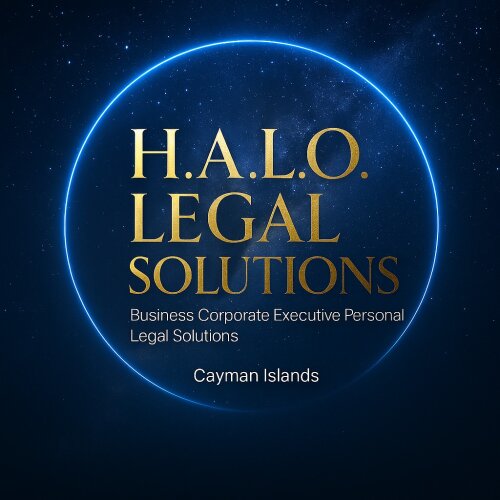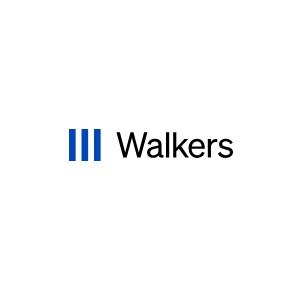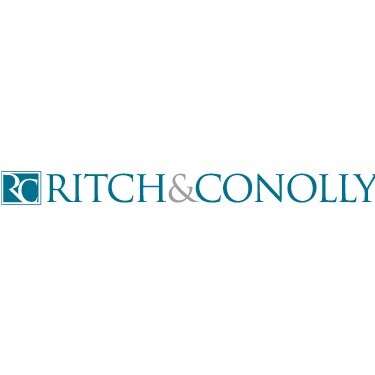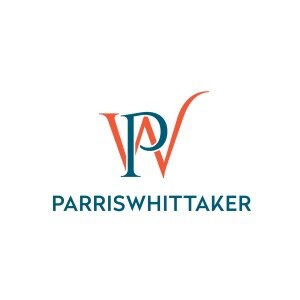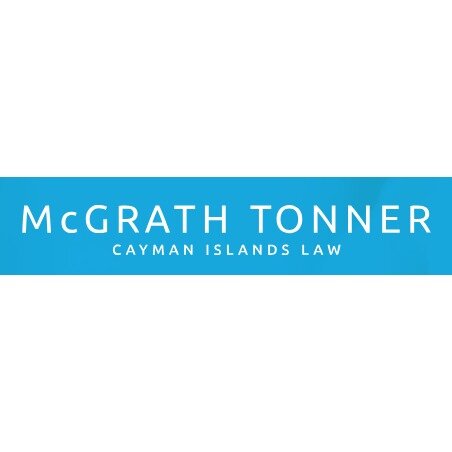Best FDA Law Lawyers in George Town
Share your needs with us, get contacted by law firms.
Free. Takes 2 min.
List of the best lawyers in George Town, Cayman Islands
About FDA Law in George Town, Cayman Islands
FDA Law in the Cayman Islands relates to the regulation and oversight of food, drugs, medical devices, and cosmetics. In George Town, the capital and primary hub of the Cayman Islands, FDA Law is primarily governed by legislation under the Public Health Law, Dangerous Drugs Law, and related local statutes and regulations. While the Cayman Islands does not operate under the United States Food and Drug Administration authority, the term FDA Law locally refers to compliance with the legal framework that ensures products are safe, properly labeled, and effective for consumers. These laws are enforced and monitored by relevant government departments to protect public health within the jurisdiction.
Why You May Need a Lawyer
Navigating FDA Law in George Town can be complex due to the technical nature of regulations, licensing requirements, and compliance standards. Common situations where individuals and businesses may need legal assistance include:
- Registering and licensing pharmaceutical products, food supplements, or cosmetics for importation, sale, or distribution
- Understanding local requirements for product labeling, advertising, and claims
- Responding to investigations or enforcement actions related to product safety or compliance
- Obtaining permits for controlled substances or medical devices
- Advising on recalls, adverse event reporting, or product liability issues
- Addressing disputes or appeals involving public health authorities
- Guiding start-ups and international businesses entering the Cayman market
An experienced FDA Law attorney can help ensure compliance, reduce legal risks, and communicate effectively with local authorities on your behalf.
Local Laws Overview
Key aspects of local FDA-related laws in George Town, Cayman Islands include:
- Public Health Law - Governs the importation, sale, and distribution of food, drugs, and cosmetics. It sets out standards for safety, labeling, and hygiene.
- Dangerous Drugs Law - Regulates controlled substances, including prescription medications and certain chemicals. Licensing and strict record-keeping may be required.
- Medical Devices Regulation - Oversight is provided for the registration and sale of medical equipment to ensure safety and efficacy.
- Import and Export Controls - Customs regulations apply to any medical, food, or cosmetic product entering or leaving the Cayman Islands. Declarations, documentation, and permits may be needed.
- Advertising and Labeling Guidelines - There are legal requirements for truthful labeling and advertising to protect consumers from false or misleading information.
Failure to meet these local statutes can result in fines, seizures, license suspension, or criminal charges. Staying current with these evolving requirements is crucial for businesses and individuals involved in the food, drug, and device sectors.
Frequently Asked Questions
What is considered a drug or medical device under Cayman Islands law?
Drugs include any substances intended for use in the diagnosis, cure, mitigation, treatment, or prevention of disease in humans or animals. Medical devices are instruments or apparatus intended for medical purposes, such as diagnosis or therapy.
Do I need approval to import cosmetics or supplements into George Town?
Yes. All cosmetics and supplements imported for commercial sale must meet local registration, safety, and labeling requirements. Prior approval from health authorities is often required.
Can I sell over-the-counter medication without a license?
No. Distributing or selling any medication typically requires a proper business license and, in many cases, additional licensing from the Department of Health Regulatory Services.
How does the Cayman Islands regulate controlled substances?
Controlled substances are strictly regulated under the Dangerous Drugs Law. Importation, possession, and distribution require licensing, and record-keeping is mandatory.
What should I do if my product is subject to a recall?
Immediately cease distribution and contact the Public Health Department. A lawyer can help you comply with notification, reporting, and recall procedures.
Are there specific requirements for food product labeling?
Yes. Local law requires accurate ingredient lists, expiration dates, country of origin, and proper health claims. Mislabeling can lead to penalties.
What kind of enforcement actions can be taken for non-compliance?
Authorities may issue warnings, fines, seize non-compliant products, suspend business operations, or in severe cases, pursue criminal prosecution.
Do international FDA or EMA approvals apply locally?
While international approvals may be considered, all products must comply with Cayman Islands’ legal requirements regardless of approvals from foreign agencies.
What are the penalties for violating FDA-related laws?
Penalties can include monetary fines, product seizures, license suspension or revocation, and in some instances, imprisonment.
How can a legal professional help with FDA Law compliance?
A lawyer can review your products, advise on licensing and labeling, assist with applications, defend against enforcement action, and provide guidance on best practices for ongoing compliance.
Additional Resources
If you are seeking more information or need support, the following local organizations and government bodies are helpful for FDA Law matters in George Town:
- Public Health Department - Regulates and oversees matters related to food, drugs, and health products.
- Department of Health Regulatory Services - Handles licensing, enforcement, and compliance issues for health-related businesses.
- Cayman Islands Customs and Border Control - Manages import and export procedures for regulated products.
- Cayman Islands Pharmacy Council - Regulates pharmacies, pharmacists, and prescription medication distribution.
- Chamber of Commerce - Offers guidance for businesses establishing operations in George Town.
Next Steps
If you believe you need legal advice in FDA Law, consider the following steps:
- Gather all relevant documents and information about your product or business operations.
- Consult with a local lawyer who specializes in FDA Law or regulatory compliance in the Cayman Islands.
- Ensure your legal counsel reviews your product labels, promotional materials, and import-export documentation.
- If facing an enforcement action, respond promptly with legal guidance to minimize risks.
- Stay proactive by keeping up-to-date with changing laws and best practices in your sector.
Legal support can make navigating Cayman Islands regulatory requirements more manageable and protect your business or personal interests.
Lawzana helps you find the best lawyers and law firms in George Town through a curated and pre-screened list of qualified legal professionals. Our platform offers rankings and detailed profiles of attorneys and law firms, allowing you to compare based on practice areas, including FDA Law, experience, and client feedback.
Each profile includes a description of the firm's areas of practice, client reviews, team members and partners, year of establishment, spoken languages, office locations, contact information, social media presence, and any published articles or resources. Most firms on our platform speak English and are experienced in both local and international legal matters.
Get a quote from top-rated law firms in George Town, Cayman Islands — quickly, securely, and without unnecessary hassle.
Disclaimer:
The information provided on this page is for general informational purposes only and does not constitute legal advice. While we strive to ensure the accuracy and relevance of the content, legal information may change over time, and interpretations of the law can vary. You should always consult with a qualified legal professional for advice specific to your situation.
We disclaim all liability for actions taken or not taken based on the content of this page. If you believe any information is incorrect or outdated, please contact us, and we will review and update it where appropriate.



